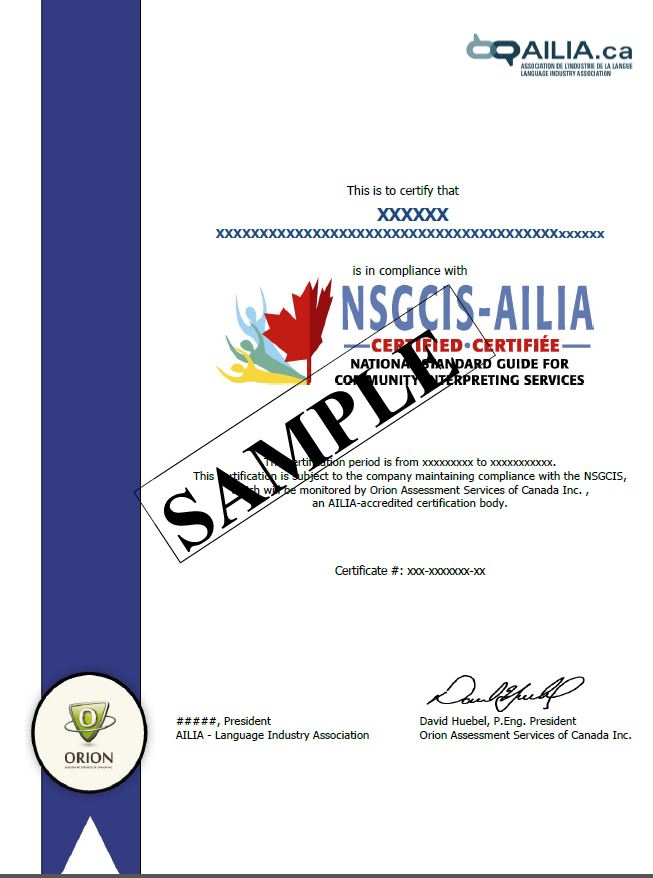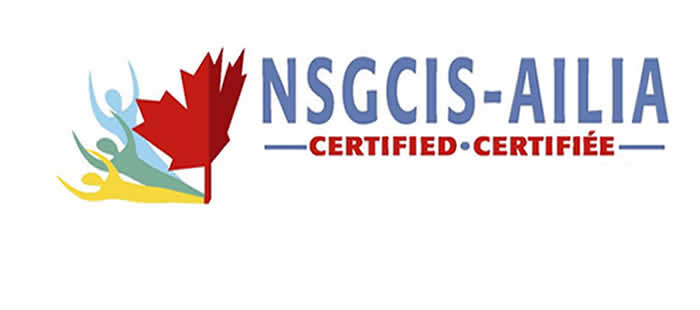Home > The Industry > Interpretation
Interpretation
The essential skill of the interpreter is the ability to interpret from source to target language. Competencies shall be demonstrated by a post-secondary education, preferably a recognized degree in interpretation, translation, or a related field, the completion of a language proficiency test, and documented experience in the field.
The role of the interpreter is to facilitate communication by conveying a message as faithfully as possible between two parties who do not share a common language. He/she is not to elaborate, explain omissions, disclose information between parties, filter communication, react to, or participate in, discussions, adapt the register, intervene as mediator or explain cultural differences.
There are several kinds of Intepretation:
- Simultaneous Interpreting. The Interpreter is translating as the speaker is talking. This is often used at Conferences.
- Consecutive Interpreting. Speakers talks, then pauses so the Interpreter can translate.
- Chuchotage or Whispered Interpreting. Used for private meetings or small business meetings.
- OPI (Over-the-phone) interpreting. Usually 3rd parties are conferenced into call to facilitate the conversation.
- Court / Legal Interpreting
- Community Intepreting (see the National Standards for Interpretation Services)
Language Interpreter Training Program (LITP) ![]()
LITP Frequently Asked Questions ![]()
Visit the Certification & Standards page to learn more about the National Standards for Interpretation Services - NSGCIS ![]()


